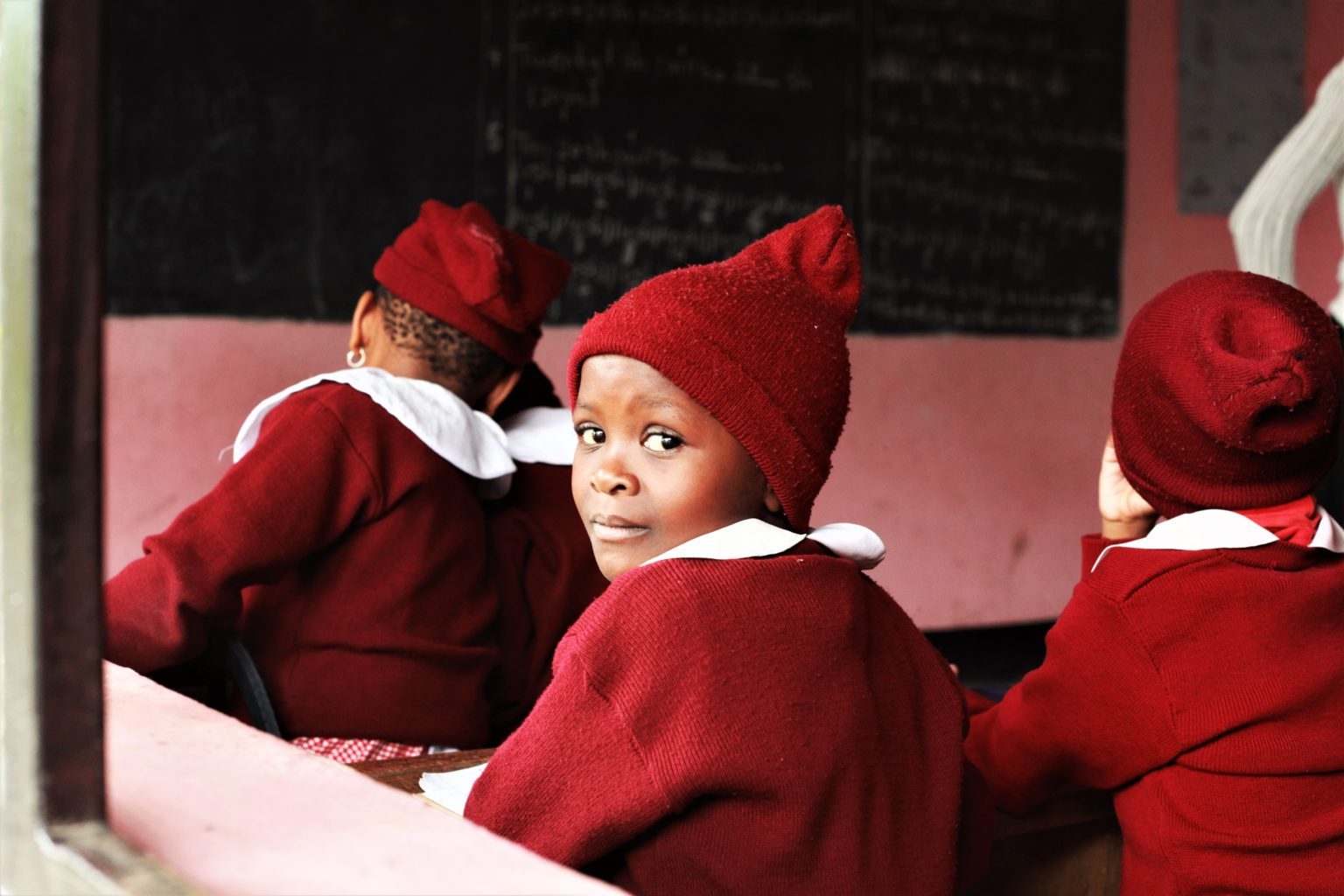Reflecting on the impact and consequences of the Covid-19 pandemic, what have been the main challenges for the education sector in Kenya, and what solutions or policies have been found to help?
“During the pandemic, the Ministry encouraged teachers to teach in public venues and through radio and television programs to reach as many students as possible. However, given the number of students in public institutions, it was not easy to continue supporting them all. Nonetheless, we saw that private institutions were able to continue supporting learners more effectively compared to the learners in public institutions, because technology gave them easier access to support from their teachers. Private education providers were therefore more resilient and able to continue their activities mainly due to their increased digitisation and use of technology.”
How does the government partner with private education providers?
“The Ministry of Education of Kenya maintains a cordial working relationship with private education providers. Our objective is to push for access to education for more Kenyan learners. Private schools receive the same treatment as public schools in this cordial working relationship. The Ministry provides quality assurance services to private education providers as well as public schools. Public and private teachers also have access to the same trainings.”
What are the mechanisms the Ministry has in place to understand the level of education quality in private schools?
“The Department of Quality Assurance & Standards has a directory of quality assurance with six main standards that are evaluated for both public and private schools. These standards focus on staffing, infrastructure, and curriculum. On staffing standards, all teachers in Kenya need to be registered and an assessment on teachers’ conducts and qualifications is made. On school infrastructure, the schools need to meet various requirements checked by the Ministry, such as sanitation facilities and safety measures. The school also needs to be the rightful owner of the land. Lastly, the curriculum is also audited.”
Do you have a list of minimum requirements that a school must show before it can register as a private school? Are these criteria checked on a regular basis?
“The registration requirements mentioned before are very strict and a reassessment is made if significant changes happen at a school or if there is a curriculum change.”
How does the Ministry assess the level of education quality?
“The Department of Quality Assurance & Standards has three main tools to assess quality of education on top of exams results and pass rates.
- The curriculum offered by the school is assessed, as well as how it is implemented.
- The department has found out that extra-curricular activities offer a good proxy on the overall quality of education of a school. So, this is also on our radar.
- Value addition progress records are made by the department on the school.”
What are the priorities of the government and the Ministry of Education for the coming months and years?
“We will be doing two sets of exams to catch up with the pandemic delays, but at the same time, we would like to allow learners to recover from the intense period of the Covid-19 pandemic which took a toll on their emotions and concentration. There will be a high emphasis on capacity building for education officials and especially teachers for them to acquire the necessary knowledge and skills based on the new curriculum. Finally, we will be conducting assessment on the performance of the education in Kenya compared to pre-Covid-19 metrics.”
Thank you very much for your time.
